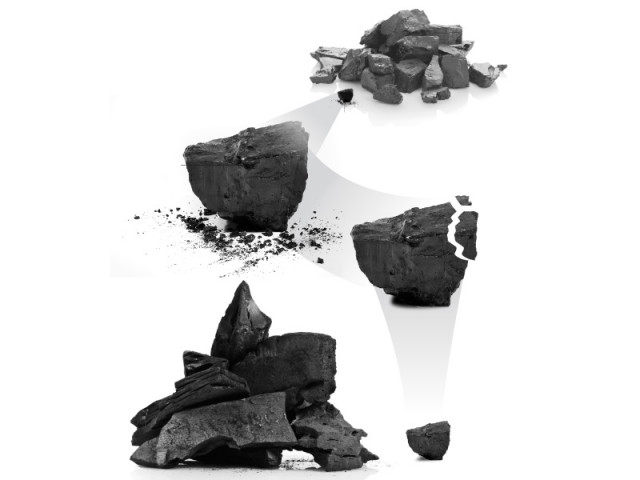Country must shift to coal-based power
Motiwala calls for formulating real and effective energy policy.

Pakistan has already lost many opportunities in the last 30 years in exploiting cheap and sustainable energy resources, but it cannot afford to do so in coming years, says Motiwala. DESIGN: FAIZAN DAWOOD
Pakistan has already lost many opportunities in the last 30 years in exploiting cheap and sustainable energy resources, but it cannot afford to do so in coming years, said Motiwala.
He was speaking at the 28th multi-topic international symposium, organised by the Institution of Electrical and Electronics Engineers Pakistan (IEEEP) here on Wednesday. Various speakers from power and renewable energy sectors have and will continue to share their views during the two-day event.
IEEEP is a representative body of engineers that has been giving recommendations to governments on power and electricity issues faced by the country.
There is a need for formulating energy policy – real and effective – based on energy security of the country and predictable outputs all year round. But, for that the federal government should support energy projects based on domestic fuels like coal or wind, he added.
Crisis in the energy mix is also related to capacity because there is a need to create enough thermal power capacity to make up for all the seasonal hydropower fluctuations from December to April, he said, adding Pakistan also needs to convert oil-based capacity to coal to reduce its fuel expenses and slash subsidies and circular debt.
Political interference and vested interests are the main problems why successive governments have not been that keen on IEEEP recommendations on the energy sector over the last few decades, University of South Asia Vice Chancellor Professor Dr Suhail Aftab Qureshi said while talking to The Express Tribune.
Qureshi, who is also Honorary Secretary General of IEEEP, said IEEEP’s work is to debate and recommend policy guidelines to governments. It is up to the governments how much help they want to take from these guidelines.
“I think a government takes less than 20% of our recommendations while the rest is discarded,” he said.
“Yes, I agree there is also a lack of follow-up from our part which is why the outcome is not according to our expectations,” he said, when asked why IEEEP seems to fail in asserting itself.
Published in The Express Tribune, March 21st, 2013.
Like Business on Facebook to stay informed and join in the conversation.



















COMMENTS
Comments are moderated and generally will be posted if they are on-topic and not abusive.
For more information, please see our Comments FAQ